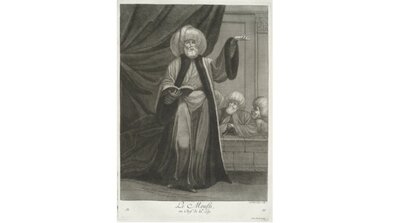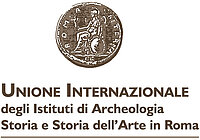Building Confessional Identities in the Ottoman Empire (16th-18th centuries)
l'École française de Rome
Le 06/02/2017
The collaboration between political and religious authorities, directed at imposing religious uniformity and at establishing denominational boundaries in the course of Early Modern times, has traditionally been investigated within the interpretative framework of ‘Confessionalization’ - a concept originally developed and applied only to the European (and especially German) case. Nonetheless, recent historiography has begun to investigate the conditions that shaped the construction of a Sunni Islamic orthodoxy between the late Middle Ages and the Early Modern period, by considering the possibility of applying the historiographical paradigm of Confessionalization also to the Ottoman Empire.
In following and broadening this approach, the aim of this workshop is to carry on in a comparative way a reflection upon the progressive construction of confessional identities within the communities of the Ottoman Empire, a process which was almost always determined by the confrontation or clash with a rival religious group (Sunni vs. Shiite Muslims, Orthodox vs. Catholic Christians, Sephardic vs. charismatic and mystic Jewish movements) or with the members of the other communities. A special attention will be placed on the two-folded nature of this process (top-down and bottom-up) as well on the possible comparisons and on the interweaving relationship between the Catholic and the Ottoman Confessionalization.
La collaborazione in età moderna tra autorità politiche e gerarchie ecclesiastiche nell’imposizione di un’uniformità religiosa e nella creazione di marcatori identitari esclusivi è stata tradizionalmente studiata all’interno del quadro interpretativo della “confessionalizzazione” – un concetto nato per il caso tedesco e finora applicato solamente ai territori europei. Recentemente, però, alcuni studiosi hanno cominciato ad esaminare il processo di costruzione di un’ortodossia islamica sunnita tra la fine del Medioevo e la prima età moderna, nel tentativo di applicare il paradigma storiografico della confessionalizzazione anche all’Impero ottomano.
Inserendosi in tale dibattito ma ampliando il campo d’indagine, questa giornata di studi si propone di riflettere in maniera comparativa sulla progressiva costruzione delle identità confessionali tra le comunità dell’Impero ottomano: si tratta di un processo quasi sempre determinato dal confronto con un gruppo religioso rivale (islam sunnita e sciita, cristianesimo ortodosso e cattolico, ebraismo rabbinico e movimenti mistici o carismatici) o con i membri di un’altra comunità. Un’attenzione speciale sarà rivolta alla duplice natura di tale processo (dall’alto e dal basso) così come alle possibili somiglianze, differenze e intrecci tra la “confessionalizzazione” europea e ottomana.
Download the programm




